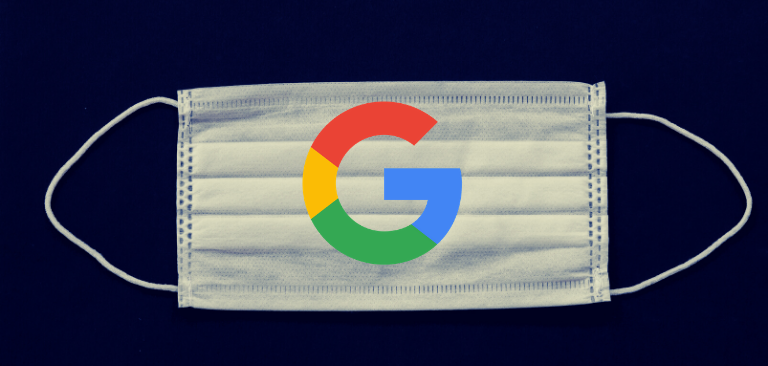When the coronavirus headlines first started, the CDC said that masks were useless. Now they say to wear masks. They said that the virus was easy to catch from surfaces. Now they say it’s unlikely. The official narrative is changing all the time – but Google aims to demonetize websites that publish so-called “debunked” conspiracies.
At a juncture where Google has a monopoly and directly controls 70% of all online advertising, a step such as this can have a huge impact.
Google will now “ban publishers from using its ad platform next to content that promotes conspiracy theories about COVID-19,” CNBC reported.
What’s more, in cases where websites post such claims extensively, they may entirely be banned from using any of Google’s online advertising tools and platforms. Simply put, this will prevent websites from deviating from the official narrative at large if they want to keep their incomes.
Considering the current turn of events, CNBC says that Google is trying to prevent anything that deviates from “authoritative scientific consensus” to be prevalent on its platform.
That said, they would then have to go on and define what “authoritative scientific consensus” is. Going by the current narrative surrounding the origin of the coronavirus, people were led to believe that it started in a wet market in Wuhan. Having said that, narratives surrounding the COVID-19 pandemic generally considered a “conspiracy”, such as the virus originating from a lab, have later gone on to be promoted by governments and investigative agencies. With a constant change of what the official narrative is, it’s not easy to see how Google plans to police the internet’s websites in accordance with it.
Google is going to start enforcing its new rules on August 18th and may remove ads from articles or, in some cases, the entire website.
Google’s move is similar to the stance that its subsidiary YouTube implemented earlier in the year when the dominant video sharing platform said that anything that goes against the World Health Organization would be removed.












